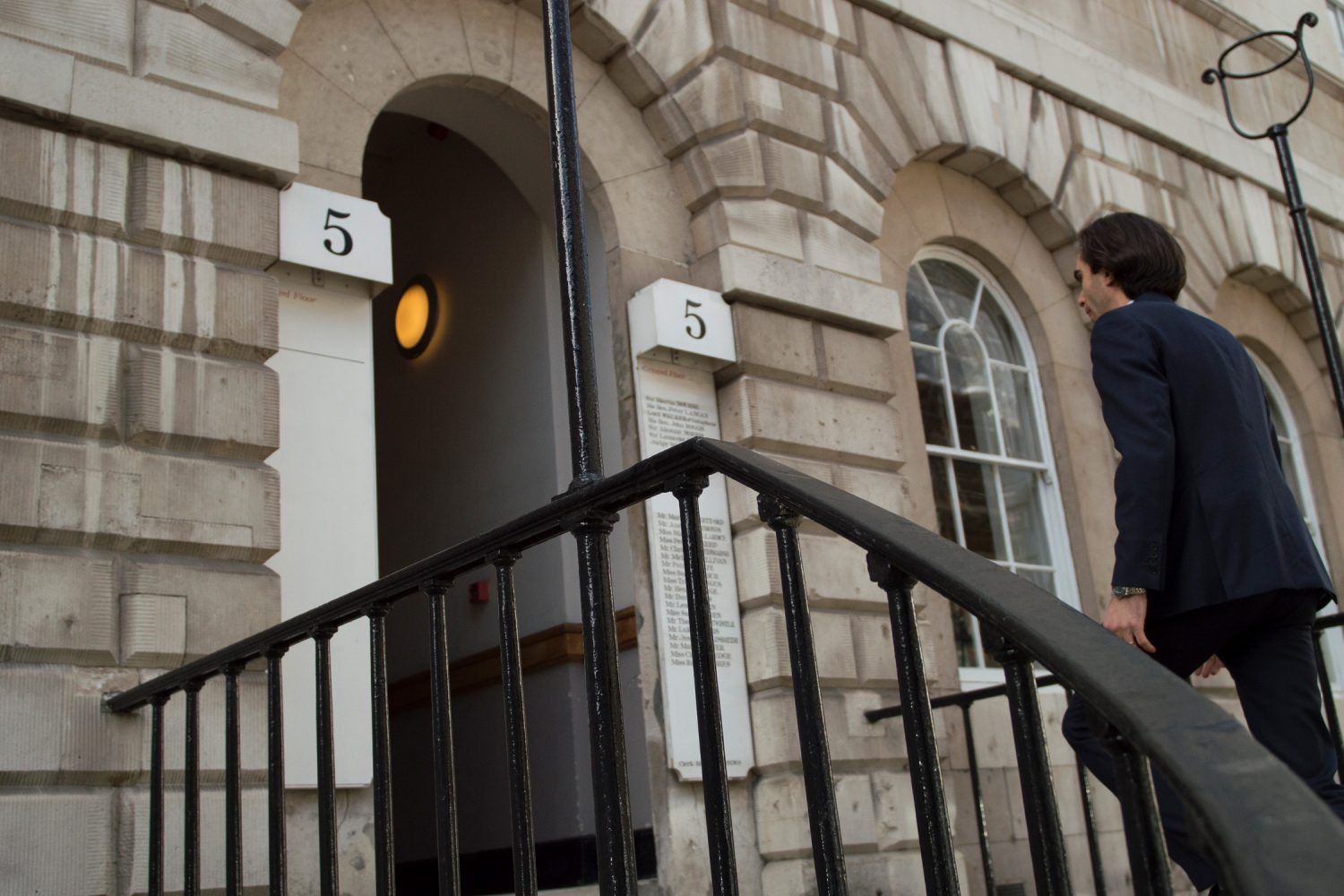Luke Harris acts for the successful Claimants in Qipco v John Eskenazi Ltd
On 29 November 2022, Mr Justice Jacobs handed down judgment in QIPCO & Anor v John Eskenazi Limited & Anor [2022] EWHC 3023 (Comm). Luke Harris, led by Roger Stewart KC, and instructed by Pinsent Masons LLP, acted for the successful Claimants.
The case concerned seven purportedly ancient objects which the First Claimant (“QIPCO”), a company of which the Second Claimant, His Highness Sheikh Hamad Bin Abdullah Al Thani, was previously CEO, purchased from the First Defendant (“JEL”) in 2014 and 2015. The Claimants alleged that all of the objects (one item of jewellery and six stone sculptures) were inauthentic and that, in attributing the works as it did, JEL had acted without reasonable care with the result that it was liable for misrepresentation and had breached various contractual and tortious duties. In relation to one of the works, the Claimants also alleged that JEL and its director, the Second Defendant (“Mr Eskenazi”), had acted fraudulently. The Claimants sought rescission of the contracts of sale or damages.
The claim required the Court to decide whether the objects were indeed genuine. This in turn required it to consider expert evidence on art history in the fields of Gandharan, Bactrian and Khmer art as well as expert evidence of conservation and materials science on such matters as the presence of cadmium in gold, applied deposits, fake patinas, tool marks and the chemical and biological weathering of stone.
Ultimately the Judge concluded that the objects were all inauthentic (although by the end of the trial this had been admitted by the Defendants in respect of the item of jewellery). He also held that JEL had been negligent in arriving at its unqualified attribution of the works. He therefore allowed the claim insofar as it was based on a want of care and/or reasonable grounds for belief in the attributions. However, he dismissed the claim for fraud against JEL and Mr Eskenazi and those parts of the claim which alleged strict liability based on the fact of inauthenticity without more.
The case is of considerable interest not only because of the nature of the items and the issues of authenticity they threw up but also, from a legal perspective, in the Court’s consideration of the various legal duties owed by a specialist dealer to a buyer.
A copy of the decision can be found here
